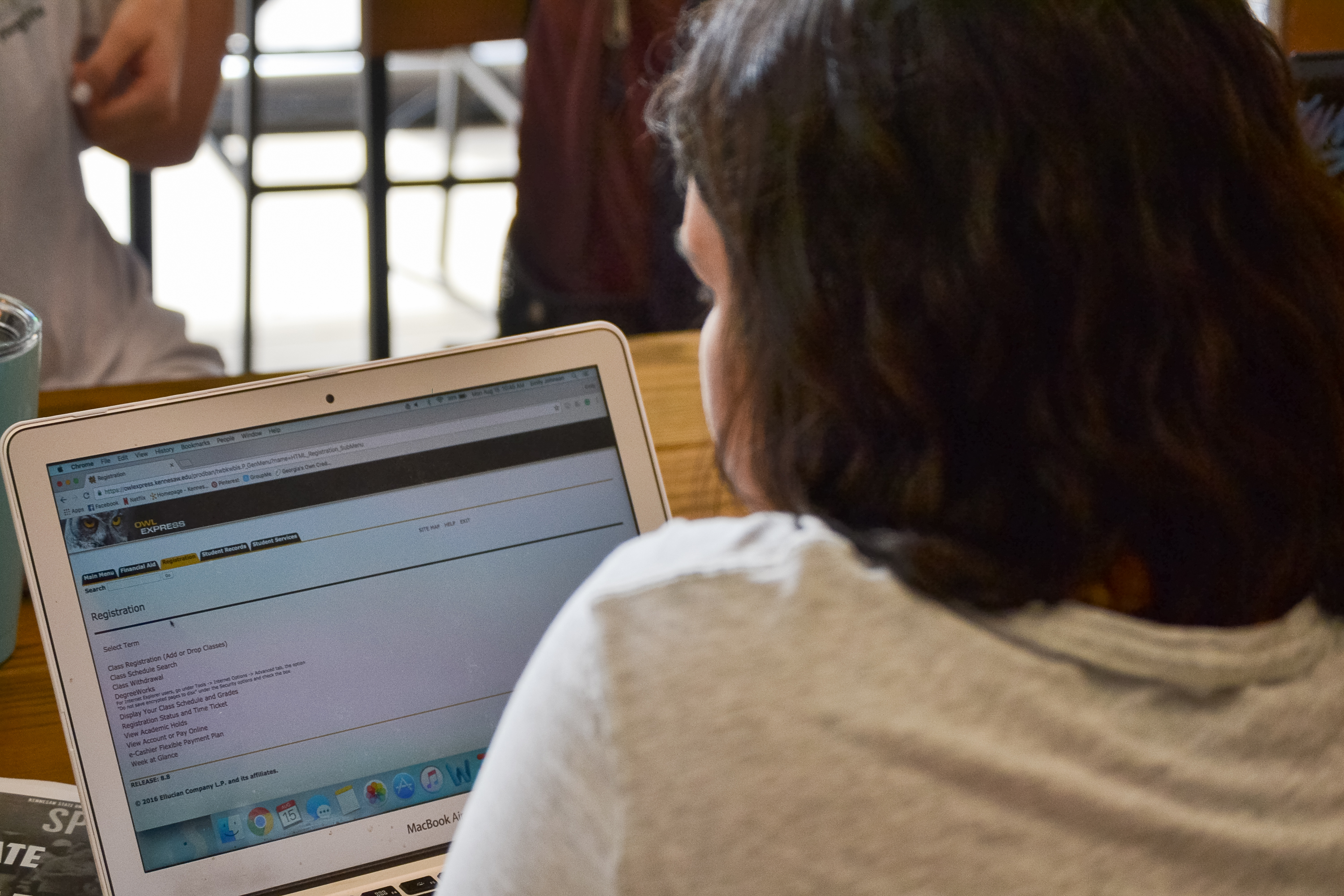From dress codes to victim blaming, young females are constantly objectified; but one Georgia high school took it too far.
East Coweta High School is located in the small town of Sharpsburg, Georgia. Having attended East Coweta myself, I heard through several old classmates that the school held an all-female assembly on Thursday, Aug. 12, in an effort to educate the girls on the Coweta County dress code. As a result, several students and friends of mine took to their Facebook timelines to spread the incident as far as possible.
While we can assume that the school thought this assembly would be a quick, efficient way to teach dress code, the presentation of the topic took a turn for the worst.
Lead by a female teacher at the school, the girls were explained the dress code in a rather degrading way.
“When she talked about leggings, she told us we needed a fingertip length shirt because we didn’t want boys to ‘imagine what they could see,'” Katie Poindexter, a senior at ECHS, said.
By continuing to create dress codes that restrict clothing like leggings or Nike running shorts, ECHS is giving the impression that girls should have to dress in a way so as to not distract boys from their education. Assuming a “boys will be boys” mentality only reinforces victim blaming, which will affect these young women in college.
Victim blaming occurs much too often. According to Psychology Today, victim blaming is about avoiding vulnerability.
“The more innocent a victim, the more threatening they are,” writes Dr. Juliana Breines from Brandies University in Psychology Today. “Victims threaten our sense that the world is a safe and moral place, where good things happen to good people and bad things happen to bad people.”
In a recent study done by the Association of American Universities, 23 percent of female college students surveyed said that they had experienced sexual assault in some form. More than half of women who are assaulted do not report the crime because “they were embarrassed, ashamed …or didn’t think anything would be done about it.”
It starts with something small, like East Coweta’s female-only assembly. I think it would have been better for the high school to call the females out of class separately instead of conducting a school-wide meeting.
Had that been done, maybe more young women would have the courage to come forward without the fear of being blamed for their assault.




